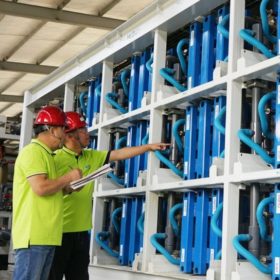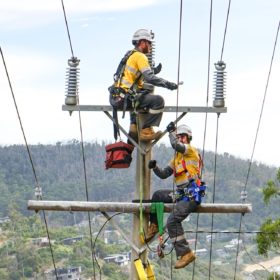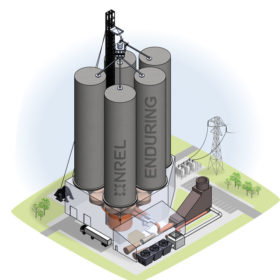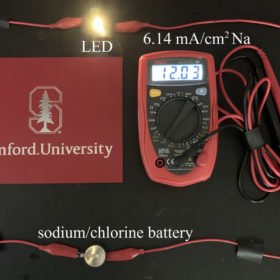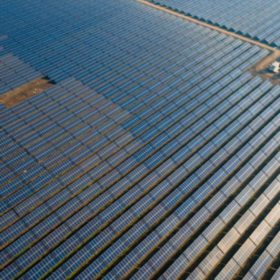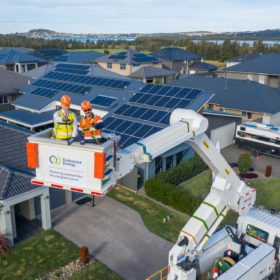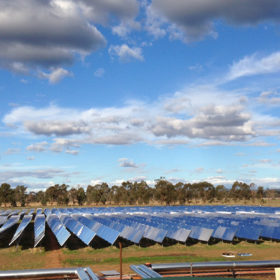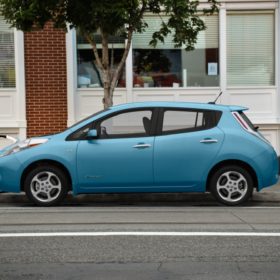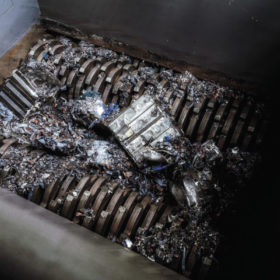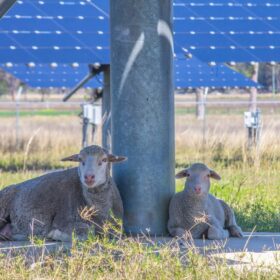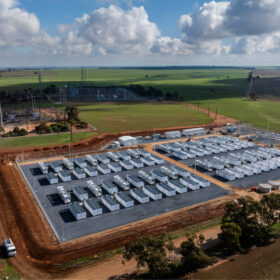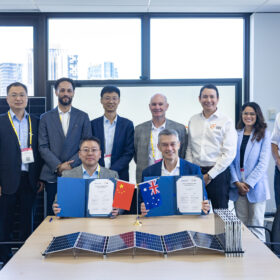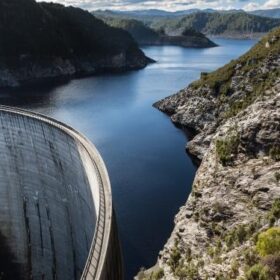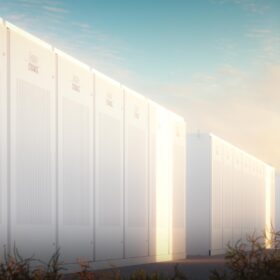Work begins on 100 MW/500 MWh vanadium flow battery in China
The storage project is linked to a 1 GW wind and solar project portfolio, 500 MW of solar distributed generation, and the construction of a gigafactory for vanadium redox flow batteries in China.
Powercor claims 30% increase in rooftop solar export approvals
Victorian network service provider Powercor claims a major works program designed to alleviate grid congestion in areas of high rooftop solar PV penetration has boosted the approval rate for new solar connections to export excess energy to the grid by an impressive 30%.
Storing wind, solar power with silica sands
NREL researchers developed a system that uses heated silica particles for thermal energy storage. The baseline technology is designed for a storage capacity of up to 26,000 MWh and is claimed to have a cost of of between $2 and $4 per kWh.
Novel battery chemistry for zinc-ion batteries
Scientists have demonstrated a zinc-ion battery that overcomes many of the challenges for this technology. By working with a highly-concentrated salt solution as the electrolyte, the group was able to achieve stability over more than 2,000 cycles combined with a strong electric performance. The group says that its work opens up “a viable route to developing aqueous batteries for emerging electrochemical energy storage applications.”
New alkali metal-chlorine battery promises 6x energy density
Scientists in the U.S. discovered a promising new battery chemistry based on chlorine and table salt. Batteries based on this chemistry can achieve at least six times the energy density of today’s lithium-ion batteries, according to the group that created it. The prototype battery could already be suitable for small devices such as hearing aids, and with further work could be scaled up to larger applications.
Land secured from traditional owners for solar + storage, progressing SA’s 1.3 GW renewable hub
Canadian clean energy company Amp Energy has secured a lease agreement with Indigenous landowners to develop a solar farm and storage system in Whyalla, South Australia. The project is one of three sites which make up the company’s proposed Renewable Energy Hub of South Australia, announced in May.
Solar could supply 77% of Australia’s electricity demand by 2026
Australia’s solar uptake is now forecast to reach 8.9 GW by 2025, on top of the 14 GW already installed, according to the Australian Electricity Market Operator.
Explaining the $16.5 million write-down of Genex’s Jemalong Solar Project
Genex Power’s latest annual report makes inspiring reading, with its plans for repurposing of the Kidston Gold Mine into a renewable energy hub progressing through stages. Its Jemalong solar farm is also delivering to plan — what then of the write down?
US company using 3D printers to make solid-state battery tech for EVs
California-based Sakuú Corp. has started work on a 2.5 MWh per year pilot facility to produce 3D-printed solid-state battery tech.
Saturday read: Battery recycling and material uncertainty
Lithium-ion batteries remain the front-runner to power EVs, but without clearer recycling plans from the European Union and the United States, the balance isn’t yet tipped away from heavy mining of new materials to focus on supplying industry needs, writes Ian Morse.
